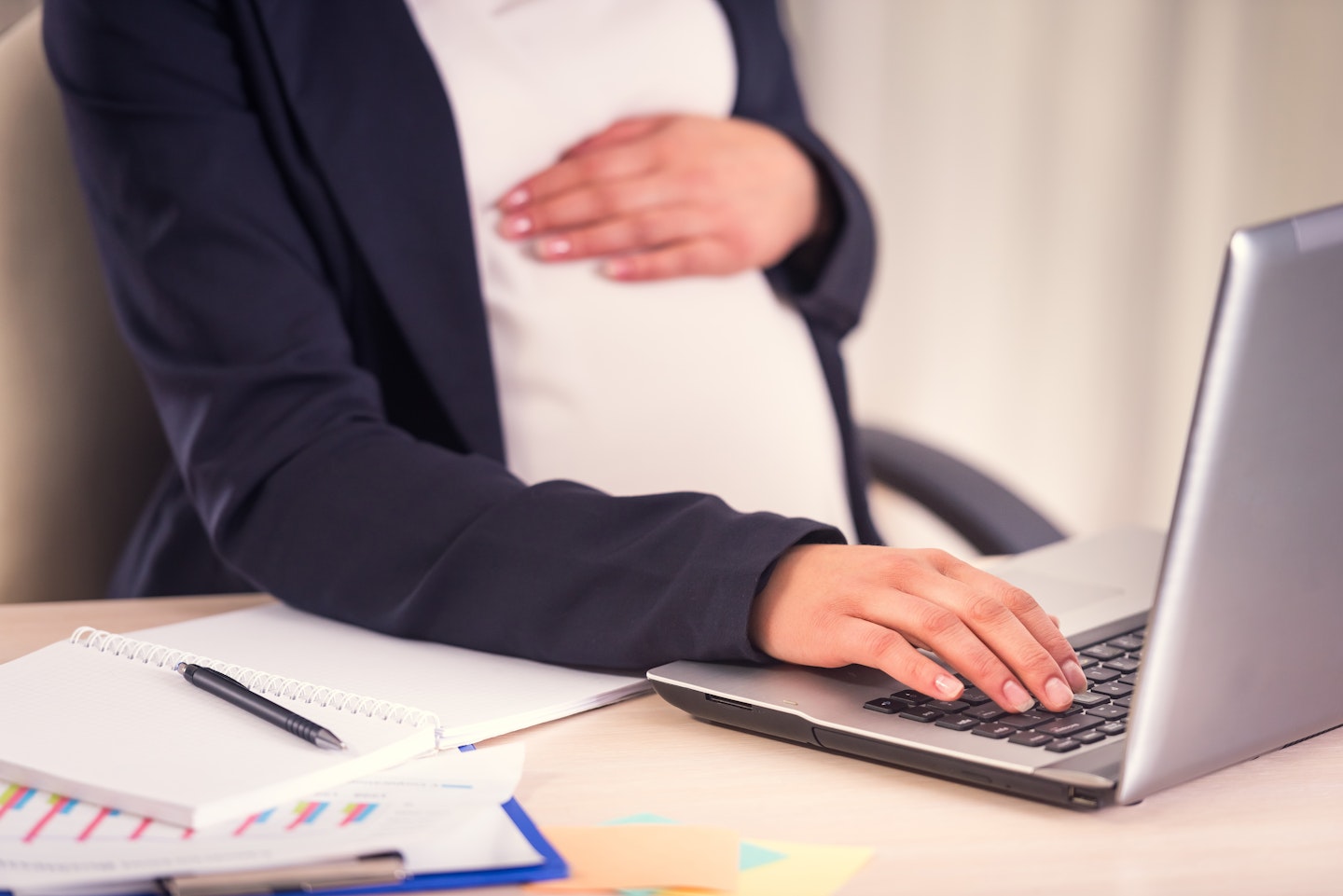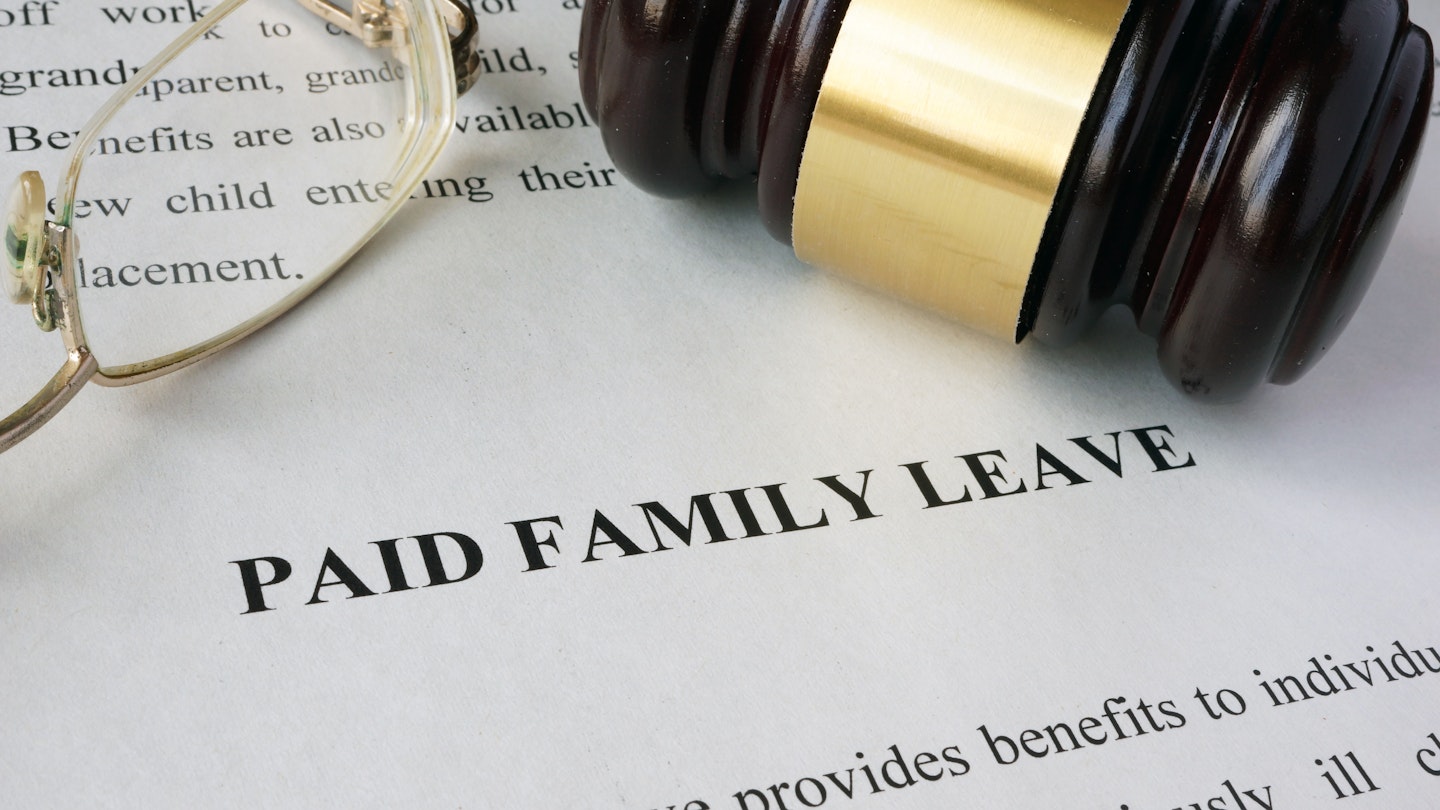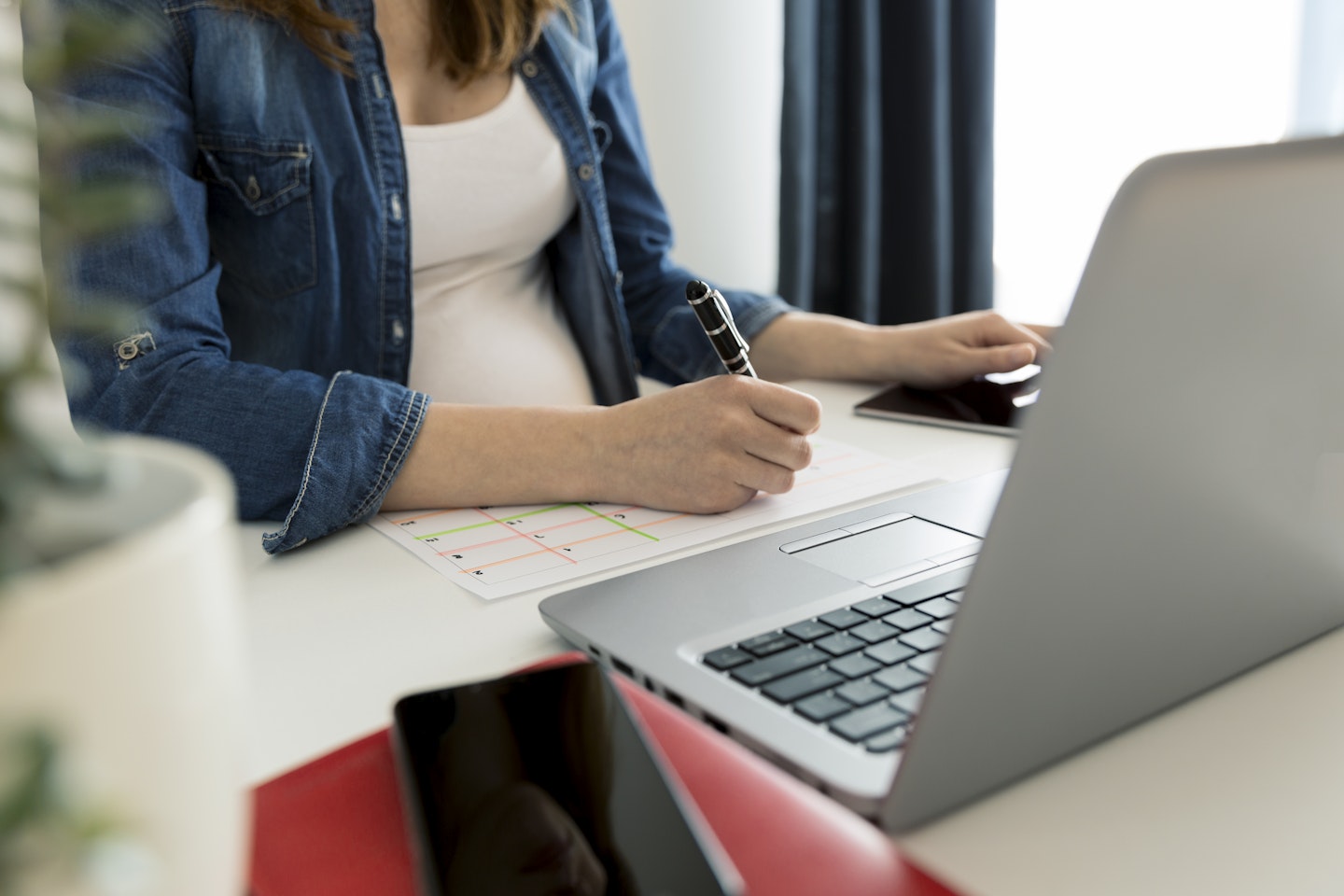One of the biggest worries when thinking about starting a family is how you’ll cope financially, and how maternity leave will affect your career.
Not only do you have to consider practicalities such as financial planning, career progression, and childcare; you also have to think about returning to work, should you decide you want to.
Maternity leave in the UK can be anything from basic statuary leave and pay, to something pretty special.
In my recent *research of maternity leave in the UK, I found that over 87% of parents were offered basic maternity leave while some had some pretty awesome parental leave packages, including better time off, better maternity pay, and wonderful ‘back to work’ scheme that made the return to work easier.
What am I entitled to as a parent-to-be?

UK Statutory Maternity Leave
According toGov.UK Eligible employees can take up to 52 weeks’ maternity leave.
The first 26 weeks is known as ‘Ordinary Maternity Leave’, the last 26 weeks as ‘Additional Maternity Leave’.
The earliest that leave can be taken is11 weeks before the expected week of childbirth, unless the baby is born early.
Employees must take at least 2 weeks after the birth (or 4 weeks if they’re a factory worker).
Statutory Maternity Pay (SMP)
SMP for eligible employees can be paid for up to 39 weeks, usually as follows:
The first 6 weeks: 90% of their average weekly earnings (AWE) before tax
The remaining 33 weeks: £148.68 or 90% of their AWE (whichever is lower)
Tax and National Insurance will be deducted.
Shared Parental Leave (SPL)
SPL was first introduced in the UK in 2015, and is helping to make things fairer and more flexible for working parents.
SPL allows both you and your partner to share up to 50 weeks off and 37 weeks of pay and is your statutory right.
The most parental-leave friendly companies to work for in the UK
parental leave
 1 of 6
1 of 61) Etsy
Etsy offer a ‘gender blind’ approach to parental leave, offering all employees 26 weeks of fully paid leave to be taken in the first year of their child’s life.
 2 of 6
2 of 62) Aviva
Aviva like Etsy, Aviva also provide a ‘gender blind’ policy, offering 26 weeks leave on full basic pay, regardless of a parents gender or sexual orientation, or whether they’ve given birth or adopted.
 3 of 6
3 of 63) Vodafone
Vodafone offers expectant parents 16 weeks of fully paid maternity leave, and a further six months of working a reduced 30-hour week (four days a week) on full pay.
 4 of 6
4 of 64) Accenture
Accenture offers both mums and dads-to-be, including those who are adopting, are offered 36 weeks maternity leave with full pay.
 5 of 6
5 of 65) Netflix
Netflix offers a pretty impressive package for new parents, including flexible working hours and the offer of taking off as much time as they want in the first year, while being paid their full salary.
Parents can also choose to return full-time or part-time (or a during that first year following the child’s adoption or birth.)
 6 of 6
6 of 66) Civil Service
Civil Service offers an impressive 26 weeks fully paid leave and shared parental leave which can be taken in one go, or if parents prefer, they can take it in blocks throughout the first year as a new parent.
Some companies are going that little bit further for their employees embracing the believing that a better work-life balance fosters happier staff, more productive output, and greater loyalty.
They offer parents-to-be longer paid maternity leave than statutorymaternity pay and more choice when it comes to parental leave.
As a father of two, Richard Stone, MD of Stone Junction PR, understands just how important maternity leave is for families;
"Our objective is to become the best PR agency to work at, so the policy is geared towards achieving that.
"We researched what we perceive to be best practice and then implemented a version of that.
"We provide 17 weeks of occupational maternity pay at full pay, followed by 22 weeks at statutory pay."

"Having a child is a serious thing, so we focus primarily on inclusion, equality, and respect. That said we do offer to Keep In Touch days, access to professional parenting advice, optional pregnancy massage vouchers and, on return to work, a private under-desk fridge for expressed milk."
Richard also appreciates why there’s an increasing number of fathers that crave further access to paternity leave;
"We are founded on equality, which is why our adoption leave is identical to our maternity leave and our paternity leave is three weeks at full pay.
"Paternity leave applies irrespective of gender, naturally, but crucially also irrespective of biological relationship to the child.
"Shared Parental Leave is also strongly supported if it's something the prospective parent is interested in."
Maternity leave and the law

Despite parental leave-taking a huge step forward since it was first introduced over 100 years ago in 1911, there are still shocking levels of pregnancy discrimination in UK workplaces.
In February 2018, the Equality and Human Rights Commission (EHRC) described British employers as 'living in the dark ages’ because many businesses display attitudes that are decades behind the law.
The law protects you against unfair treatment and dismissal because of childbirth or because you have taken maternity leave.

The law (Equality Act 2010 s18,) says that it is discrimination to "treat a woman unfavourably on the grounds of her pregnancyor maternity leave.
"To show discrimination on the grounds of pregnancy or maternity leave a woman does not have to compare herself to how a man might have been treated but she must show that the dismissal or unfair treatment was because of pregnancy or maternity leave.
"All employees, casual workers, agency workers, freelancers, and contractors are protected by discrimination law from day one of their employment."
If I go for a job interview, do I have to tell them that I'm going to become a parent?

In short - no.
The fact that you are pregnant should not have any bearing on whether you are the right person for the job.
It is against the law for any potential employer to take your pregnancy into account in any way, yet many, as my recent research revealed, still do.
While *researching maternity leave, a staggering 43% of mums told me they’d been asked (illegally) about their plans on having a family during an interview!
You should never be asked questions regarding pregnancy or future plans to have children.
If the employer does ask in the interview whether you are pregnant or plan to have children, this is strong evidence that the employer is in breach of the laws against sex discrimination found in the Equality Act 2010.
Although maternity leave and pay can feel like a minefield of information, it is incredibly important to do your research and ensure you are being treated fairly.
There are some really helpful sites that can help you listed below.
*Research of 18k parents on social media pages ‘Childcare is Fun’ ~ October 2019
Have you been asked any questions regarding pregnancy in a job interview? Let us know on Facebook or Twitter!
Now read:
11 ways to prepare for your return to work after maternity leave
